

Tao Te Ching

No Trace
Quotes (74)
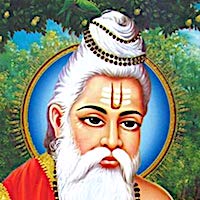
“This Self is never born, nor does It die. It did not spring from anything, nor did anything spring from It. This Ancient One is unborn, eternal, everlasting. It is not slain even though the body is slain.”
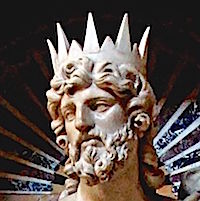
“Let me keep surrendering my self until I am utterly transparent... Unnamable God, my essence, my origin, my life-blood, my home.”

“All things that appear in this world are transient. If you view all things that appear as never having appeared, then you will realize your true self.”
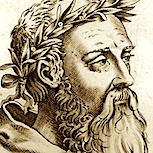
“No matter how many ways you try, you cannot find a boundary to consciousness, so deep in every direction does it extend.”
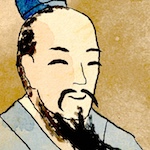
“when the mind is open and free of its own thoughts, life unfolds effortlessly and the whole world is filled with light”
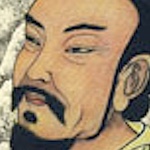
“Sages are not controlled by names, not governed by plans, not burdened by affairs, and not ruled by intellect. They are concealed in formlessness; their acts are traceless, and their roamings are trackless.”
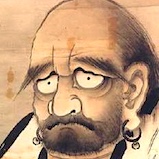
“The mind is always present. You just don't see it... When the mind creates the idea of the mind, people are deluded but if you don't use the mind to create the idea of the mind, you will always live in the country of the Buddhas”

“The birds have vanished into the sky, and now the last cloud drains away.
We sit together, the mountain and me, until only the mountain remains.”
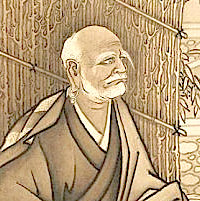
“If you want to reach the true beyond doubt, place yourself in the same freedom as sky. You name it neither good nor not good.”

“When a monk asked Joshu, ‘Does a dog have Buddha-nature?’ he replied, ‘Bu.’ (不 ‘no thing’ in Chinese)”

“in our Taoism, the expression 'to produce emptiness' contains the whole work of completing life and essence... It is the washing of the heart and the purification of the thoughts...the work of making the heart empty... forever tarrying in purposelessness.”
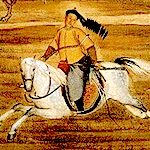
“Those who treasure the Way fit in without making a show and stay forever hidden. Hence, they don’t leave any tracks.”
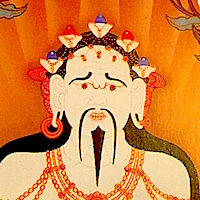
“Like a clear light, skillful means and wisdom unite in a spontaneous, all-embracing perfection.”
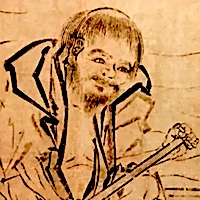
“In the future, your hiding place should have no traces and where there are no traces, you should not hide.”
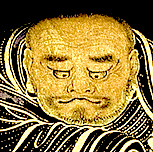
“People are afraid to empty their minds fearing that they will be engulfed by the void. What they don't realize is that their own mind is the void.”
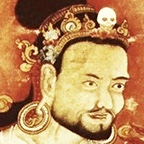
“In absolute truth, there is no path to be practiced, no difference between what is to be abandoned and the antidote, and nothing abandoned or realized in fruition... everything is produced not by one cause and not by one condition, but rather through the collective force of coincidence.”
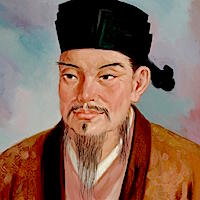
“The essential way is to focus on one thing and in action find absolute peace with no desire; impartial, straightforward, tranquil, and all-embracing.”
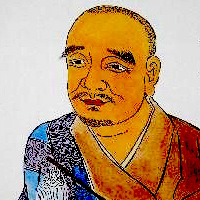
“This affair is like a phoenix soaring into the heavens, not leaving a trace behind.”
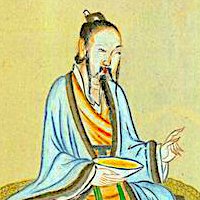
“Sages don't reveal the Way because they keep it secret, but because it can't be revealed. Thus their words are like footsteps that leave to tracks.”

“Every detail clearly appears before you. Sound and form, echo and shadow, happen instantly without leaving traces.”

“Even the traces of enlightenment are wiped out, and life with traceless enlightenment goes on forever and ever.”

“overleap the worship of your mental powers, overleap your understanding and spring into the heart of God”
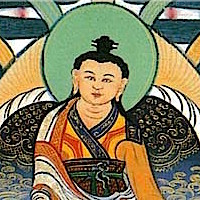
“Whatever thoughts arise are equal as mental events—simply conscious states that leave no trace.”
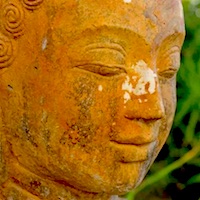
“There is no ice which does not return to water. So you will understand there is no difference between ordinary beings and Buddhas except for one thing - delusion. When it is dissolved they are identical.”

“Sages move through the world with an empty self and accept the way thing are. Hence they leave to tracks. They do not insist that their own ideas are right and accept the words of others… They do not care about life and dealth, much less profit and loss.”

“Words mean traces. Traces mean knowledge. Knowledge means presumption. Presumption means involvement. And involvement means failure.”

“The world withers and the Tao fades… therefore the wise join the dust of others and soften their own light. And they leave no trace.”
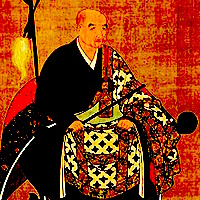
“Die while you're alive and be absolutely dead Then do whatever you want: it's all good.”
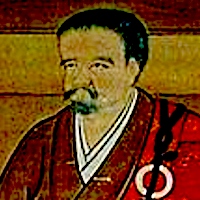
“Don’t hate the arising of thoughts or stop the thoughts that do arise; simply realize that our original mind, right from the start, is beyond thought, so that, no matter what, you never [actually] get involved with thoughts.”
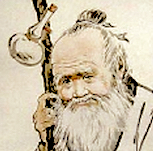
“When the dirt is gone the mirror is clear, when the clouds disperse the moon appears; revealing the indestructible body of reality, they transcend yin and yang and Creation, and merge with the eternity of space.”
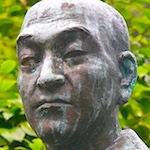
“Unfettered like a wafting mist, I give myself up to where the wind wants be to be.”
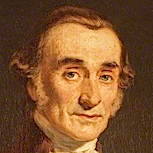
“An arrow may fly through the air and leave no trace; but an ill thought leaves a trail like a serpent.”

“It was not confusion that kept them silent... consciousness was over-flowed by something that suppressed utterance.”
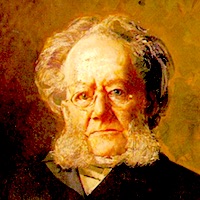
“the only thing about liberty that I love is the fight for it; I care nothing about the possession of it.”
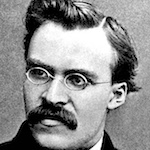
“I, the last disciple of the philosopher Dionysus — I, the teacher of the eternal recurrence... I think of myself as the scrawl which an unknown power scribbles across a sheet of paper, to try out a new pen.”

“Peace will come to the hearts of men when they realize their oneness with the universe. It is every where.”

“"When someone seeks," said Siddhartha, "then it easily happens that his eyes see only the thing that he seeks, and he is able to find nothing, to take in nothing because he always thinks only about the thing he is seeking, because he has one goal, because he is obsessed with his goal. Seeking means: having a goal. But finding means: being free, being open, having no goal."”
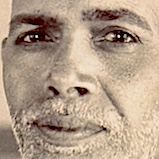
“Does a man who is acting on the stage in a female part forget that he is a man? Similarly, we too must play our parts on the stage of life, but we must not identify ourselves with those parts.”

“There can be no rebirth without a dark night of the soul, a total annihilation of all that you believed in and thought that you were.”

“The creative instinct is, in its final analysis and in its simplest terms, an enormous extra vitality, a super-energy, born inexplicably in an individual, a vitality great beyond all the needs of his own living — an energy which no single life can consume.”

“If you begin to understand what you are without trying to change it, then what you are undergoes a transformation.”
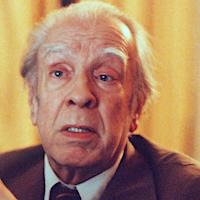
“I am all the writers that I have read, all the people that I have met, all the women that I have loved; all the cities I have visited... I am philosopher, I am demon and I am world, which is a tedious way of saying that I do not exist.”

“To come to man's estate... The man who can see the miraculous in a poem, who can take pure joy from music, who can break his bread with comrades, opens his window to the same refreshing wind off the sea.”
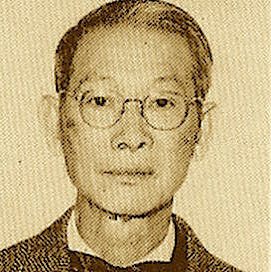
“In Neo-Taoism, [having no trace] developed to mean true reality lies in noumena… the whole history of Taoism shows a tendency to undermine traces”
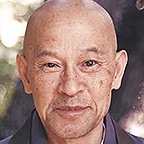
“When you do something, you should burn yourself up completely, like a good bonfire, leaving no trace of yourself.”

“In order not to leave any traces, when you do something, you should do it with your whole body and mind; you should be concentrated on what you do. You should do it completely, like a good bonfire… burn yourself completely… Zen activity is activity which is completely burned out, with nothing remaining but ashes.”
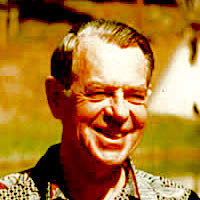
“When we quit thinking primarily about ourselves and our own self-preservation, we undergo a truly heroic transformation of consciousness.”
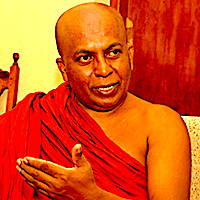
“All great work artistic, poetic, intellectual or spiritual is produced at those moments when creators forget themselves altogether and are free from self-consciousness.”
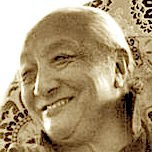
“If we allow our thoughts to arise and dissolve by themselves, they will pass through our mind as a bird flies through the sky, without leaving a trace.”
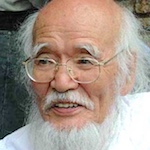
“One must live fully in the present, not being swept off by the current, but directing all one's energy to this instant in time, like the cormorant fishing for ayu. That is a life of true wealth.”
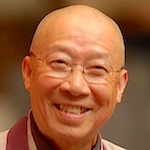
“real intimacy means… everything is included in what we do, and yet we leave no trace... always expressing our true self, the wholeness of our original nature, which has neither beginning nor end.”
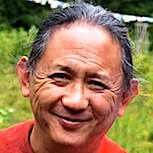
“As a model, this discipline of minimum needs, maximum contentment speaks directly to the type of individual conservationism this is a theme of environmentally conscious culture.”
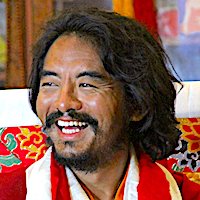 “Realization – the stable awareness of the true nature of your mind – is like the sky itself, an unchanging background against which shifting experience occur.”
“Realization – the stable awareness of the true nature of your mind – is like the sky itself, an unchanging background against which shifting experience occur.” 
“Because pain and discomfort are such direct sensations, they're actually very effective objects of meditative focus... we can use such sensations to increase our capacity for clarity, simply through washing the mind deal with various solutions.”
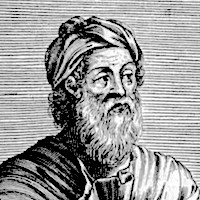


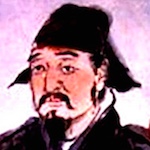


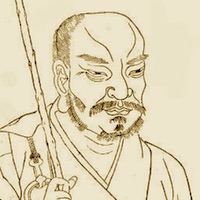

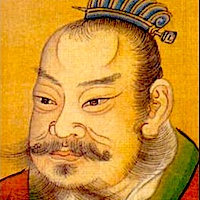
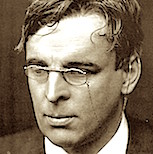
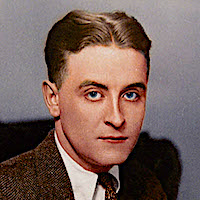
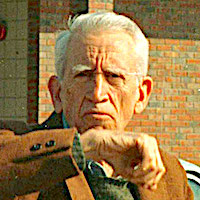
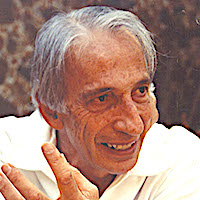

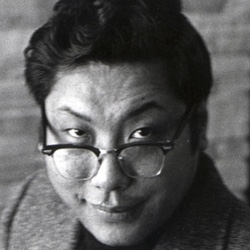
Comments (0)